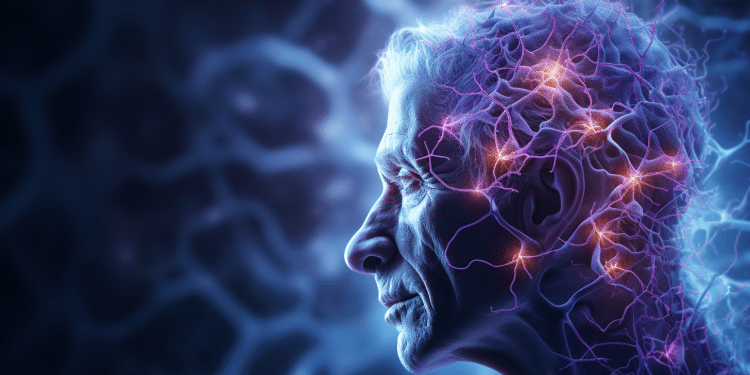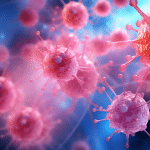The scientific community has been studying the connection between L-ergothioneine and Alzheimers for years, but could ergothioneine cure alzheimer’s disease? A 2019 study published in The Journal of Alzheimers Disease found that adults ages 60 and older who consumed higher amounts of mushrooms that contain ergothioneine were less likely to have mild cognitive impairment. Ergothione, which comes from mushrooms and the fungus Ergot, could thus delay neurodegenerative diseases.
Evidence indicates that L-ergothioneine can aid in slowing down Alzheimers by protecting brain cells from oxidative stress. In addition, it has been shown that extracts of ergothioneine can permeate the brain, making it a perfect candidate for therapeutic applications for diseases like Alzheimers. It is important to note that L-ergothioneine is a unique antioxidant that is acquired by the body via the diet.
While it is unlikely most people will consume sufficient amounts of ergothioneine, it may enhance cognitive functions. A study published in the Frontiers in Bioengineering & Biotechnology found that those who had higher levels of ergothioneine had less symptoms of cognitive impairment.
However, more studies are needed to determine whether ergothioneine is effective at preventing or reversing the effects of age-related neurodegenerative diseases. In recent research, Wellington Pham and colleagues synthesized ERGO-PET radioligand for evaluation of its efficacy in a mouse model of Alzheimers disease preclinical stage.
The study was conducted in male C57BL/6J mice. The mice were given d-galactose or ergothioneine as supplements. The mice received these nutrients every day for 88 days. The mice were tested using the LPS-mediated murine model of neuroinflammation.
Radioligand concentrations decreased in serum 10 min later, with the metabolites distributed to small intestines and eyes.
Although direct correlations between L-ergothioneine and Alzheimers disease are rare, many researchers conclude it can protect the brain against oxidative stress, and it might even reverse age-related decline. Furthermore, it is one of the few antioxidants concentrated in mitochondria, making it especially effective at preventing age-related diseases. Furthermore, L-ergothioneine helps to protect mitochondrial components and DNA from oxidative damage.
It accumulates in the brain via a transporter, OCTN1. It is thought to exert multiple protective effects, including modulating inflammation, chelating divalent metal ions, and scavenging reactive oxygen species. Ergothioneine production is a polyfunctional physiological cytoprotector, with multiple applications across multiple industries.
Studies of L-ergothioneine suggest it may help lower the risk of developing the debilitating complications of Alzheimers disease. Those suffering from high blood sugar are at high risk for developing diabetic encephalopathy. Also, using ergothioneine has been shown to positively affect brain tumors. However, little agreement has been reached about the role of this nutrient. The European Food Safety Agencys (EFSA) Panel for Dietetic Products found l-ergothioneine to be generally safe if consumed in sufficient amounts.
You can find our favorite ergothioneine supplement on the following pages of our website and learn more about each individually:
Learn more:












